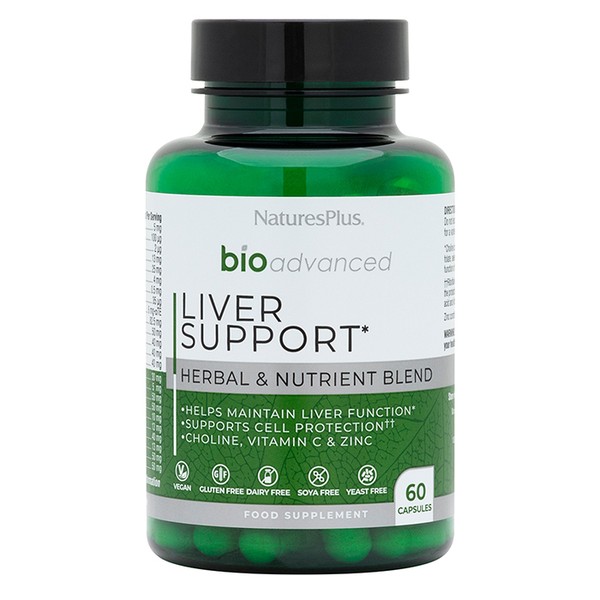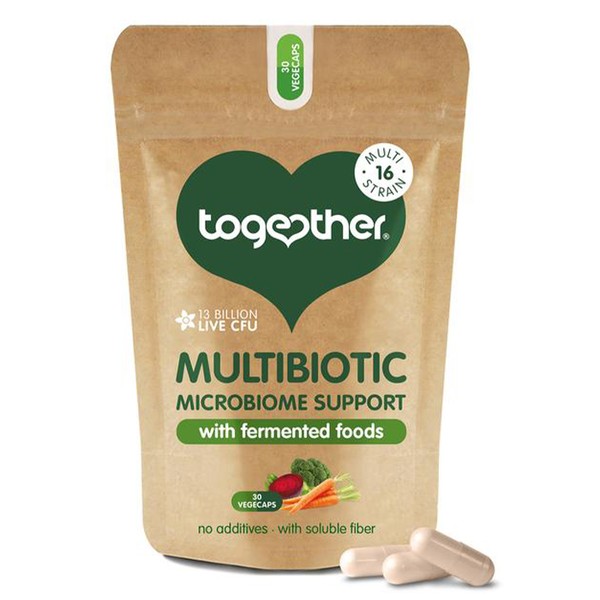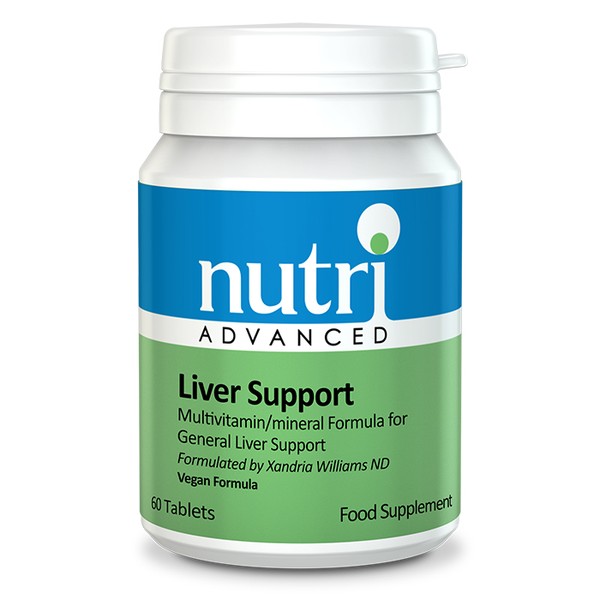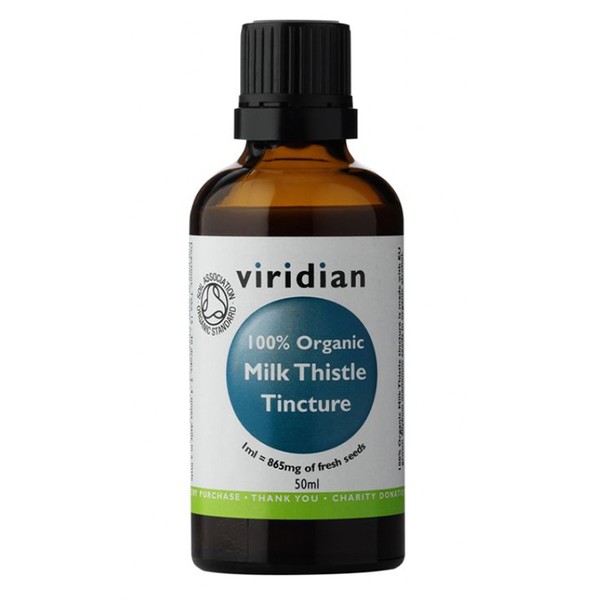
How To Keep Your Liver Healthy
Understand Its Importance
Did you know your liver is your largest internal organ? “The liver’s job never stops,” explains Lola Biggs, dietitian at Together Health. “It works around the clock 24/7 and is vital to the body’s metabolic functions and immune system. It’s essential for digesting food and ridding the body of toxic substances. Everything you consume – whether its medicine, food or alcohol – gets filtered by the liver.” Your liver also filters toxins from the blood, regulates blood sugar levels, metabolises fats, proteins and carbs, and produces bile and other enzymes. For many of us, liver health just isn’t on our radar – it’s something we tend to associate with an excessive alcohol intake – but there’s more to this vital organ than you may think and overdoing your weekly units is far from the only habit that impacts proper liver function.
Drink Less As A First Step
Alcohol misuse is one of the three main causes of liver disease, with research showing the more you drink, the more likely you are to develop liver disease. As Dr Luke Powles, associate clinical director at Bupa Health Clinics, explains: “If you drink more than five units daily for two to three weeks, you’re likely to develop what is known as a fatty liver, when fat builds up in the cells of your liver. The good news is that if you stop drinking for a few weeks and then drink sensibly within your limits going forward, your liver should start to shed these excess fatty cells. In fact, science shows your liver has the capacity to regenerate and repair itself within four to eight weeks.” For around 20% of us, these fatty cells cause inflammation, which in turn causes liver cells to die, only to be replaced by scar tissue – too much of which leads to cirrhosis, a condition where the liver begins to fail because of long-term damage. While the liver is a resilient organ that has the capacity to regenerate itself, the experts recommend sticking to 14 units of alcohol per week, ideally spread over three days or more. Try to have a few alcohol-free days, too.
Say No To Sugar
It’s not only alcohol that harms your liver. Where alcoholic fatty liver is caused by excessive consumption of alcohol, eating too much of the white stuff can lead to non-alcoholic fatty liver (NAFL). It’s estimated one in three adults has early-stage NAFL. The liver is unable to properly metabolise excessive sugar and this ends up damaging liver cells, so they start to build up fat, putting you at risk of type 2 diabetes, heart disease and stroke, explains nutritionist Clarissa Lenherr. “Stick to less than 30g of added sugar per day and avoid frequent consumption of fizzy drinks, chocolate bars, cakes, pastries and puddings,” she advises.
Nourish Your Good Bugs
Your liver plays an often-overlooked role in healthy digestion and is closely linked to the health of your gut. A quick refresher: the liver processes nutrients absorbed in the small intestine and uses them to make the chemicals your body needs to function. An unhealthy balance of bacteria in your gut is thought to harm your liver by promoting fat deposits and reducing insulin sensitivity, which can lead to non-alcoholic fatty liver disease and inflammation. “With this in mind, consider increasing levels of your good gut bacteria by taking a supplement that contains several strains of bacteria – Together Health’s Multibiotic Capsules are great as they contain a broad spectrum of beneficial strains using over 45 different fermented fruits and vegetables,” says Lola. “A dose of 100mg of CoQ10 may also offer liver protection by reducing inflammation and oxidative stress, both key factors in damage done to the liver.”
Eat The Rainbow
Liver health is best supported by a diet rich in the nutrients, minerals and amino acids required for detoxification, explaining why a colourful diet is so important. Clarissa says colourful fruits and vegetables all contain high amounts of phytonutrients, which in turn help strengthen the liver to perform at its best. “Increase your intake of vegetables such as cauliflower, broccoli and cabbage, as well as garlic and onions, which contain sulphur to support optimal liver function.” Lola also recommends piling your plate with broccoli, which she says is a superhero when it comes to protecting the liver. “Spinach is also a fantastic option – it’s packed with a powerful antioxidant called glutathione, which can help keep your liver in top condition. Blueberries, cranberries and grapefruit are also great, as are almonds, which can help protect against fatty liver disease.”
Hit Your Daily Fibre Goal
“Aim to eat 30g of fibre per day, from fruit and vegetables as well as nuts, seeds, pulses, lentils and wholegrains,” Clarissa advises. Eating adequate amounts of fibre will encourage regular bowel movements, enabling toxins to be eliminated from the body. If you don’t eat enough fibre, waste will sit in your colon where it ferments, raising toxin levels and creating an extra burden on your liver.
Consider Herbs & Spices
Although a good diet is vital for optimal liver health, you can also support it with herbal remedies. “Some of the most revered include milk thistle, turmeric root and burdock,” says Lola. “Green tea is also a good choice – it’s brimming with an antioxidant called catechins, which research shows can support and protect the liver.” Of all the medicinal herbs, milk thistle is particularly prized for its liver-protecting benefits and is even being researched as a treatment for serious liver diseases. Clarissa recommends taking milk thistle in capsules or as a tincture but be mindful if you are pregnant or breastfeeding as it can have oestrogen-mimicking properties.
Stay Hydrated
“Drinking plenty of water may sound simple but it can be hugely beneficial for the liver,” Lola says. “The liver works best when we are adequately hydrated. Skip the fizzy drinks and go for water and herbal teas, which provide an additional boost as they often contain liver-supporting plant pigments. Bonus points if you can fit in a couple of green juices every week. Green foods are the liver’s best friend. They contribute to an alkaline environment in the body and the plant pigments they release directly protect liver cells. Think spinach, broccoli, celery, cucumber and kale.”
Think About Environmental Toxins
Toxins don’t solely come from food and alcohol, says Lola. In fact, your environment could also be taking its toll on your body. “Bioaccumulation is the gradual accumulation of substances such as pollutants and pesticides, and occurs when an organism, such as the liver, absorbs at a faster rate than it can filter out. It stands to reason, then, that your home environment and proximity to urban areas where air pollutants are high, could influence your liver’s function.” Lola says using non-toxic cleaning products and personal self-care products can reduce your exposure. “In an ideal world, we’d all be spending more time in green spaces too,” she adds. “Where possible, walk against the traffic to reduce the impact of fumes, and take side roads where possible.”
Keep Moving
“Regular exercise is crucial for keeping your liver healthy,” says Dr Powles. “Regular, consistent exercise that increases your heart rate will help you to lose any excess weight, and this can improve your liver function. It may also help to reduce damage to your liver, even if you don’t lose any weight.” A recent study found exercising aerobically for 60 minutes, at a low-to-moderate intensity, four times a week, helped reduce liver fat. In another study, participants who did four weeks of cycling reduced liver fat by 12%. “As a guide, aim for 150 minutes – or two-and-a-half hours – of moderate intensity each week,” advises Dr Powles.
Know What To Look Out For
“Your liver does a lot to keep you healthy, but when you work it too hard (such as with heavy drinking or eating a poor diet for a prolonged period of time), it can become damaged,” explains Dr Powles. Liver disease doesn’t always cause noticeable symptoms or signs, but it pays to know what to keep an eye out for. “You may feel generally unwell, or experience symptoms like abdominal pain or swelling, itchy skin, dark urine, a loss of appetite or a tendency to bruise easily. You might also notice a change to your physical appearance, for example yellow skin and the whites of your eyes appear yellowish.” Lola adds that it’s not uncommon to notice mood and character changes, brain fog and memory dips; unexplained weight changes; and erratic sleep patterns. If you notice any persistent symptoms, speak to your GP, who can organise specific tests. However, Dr Powles stresses that you should only have liver tests if advised by your doctor. “The results of these tests can sometimes be misleading or falsely reassuring without an appropriate clinical reason to have the test,” he says, “So always check in with your doctor first.”
For more information visit TogetherHealth.co.uk, Bupa.co.uk and ClarissaLenherr.com
Shop The Best Supplements For Liver Support Below...




DISCLAIMER: Features published by SheerLuxe are not intended to treat, diagnose, cure or prevent any disease. Always seek the advice of your GP or another qualified healthcare provider for any questions you have regarding a medical condition, and before undertaking any diet, exercise or other health-related programme.
DISCLAIMER: We endeavour to always credit the correct original source of every image we use. If you think a credit may be incorrect, please contact us at info@sheerluxe.com.

